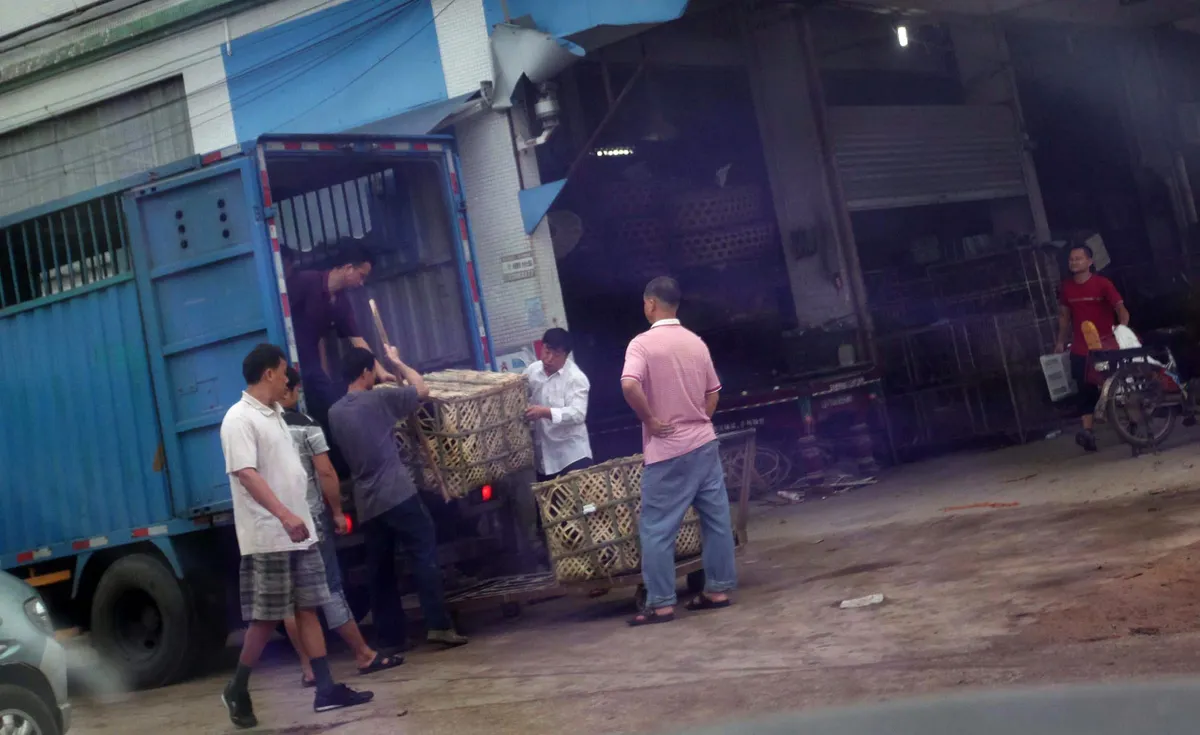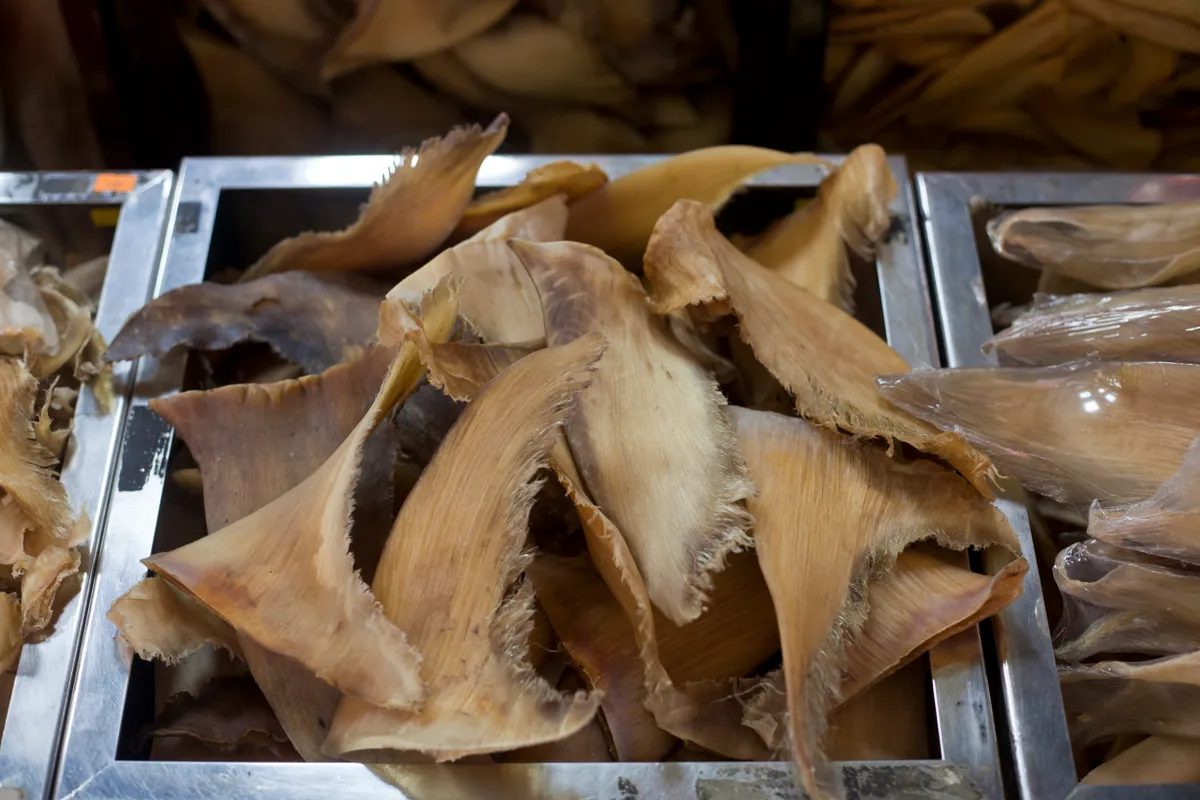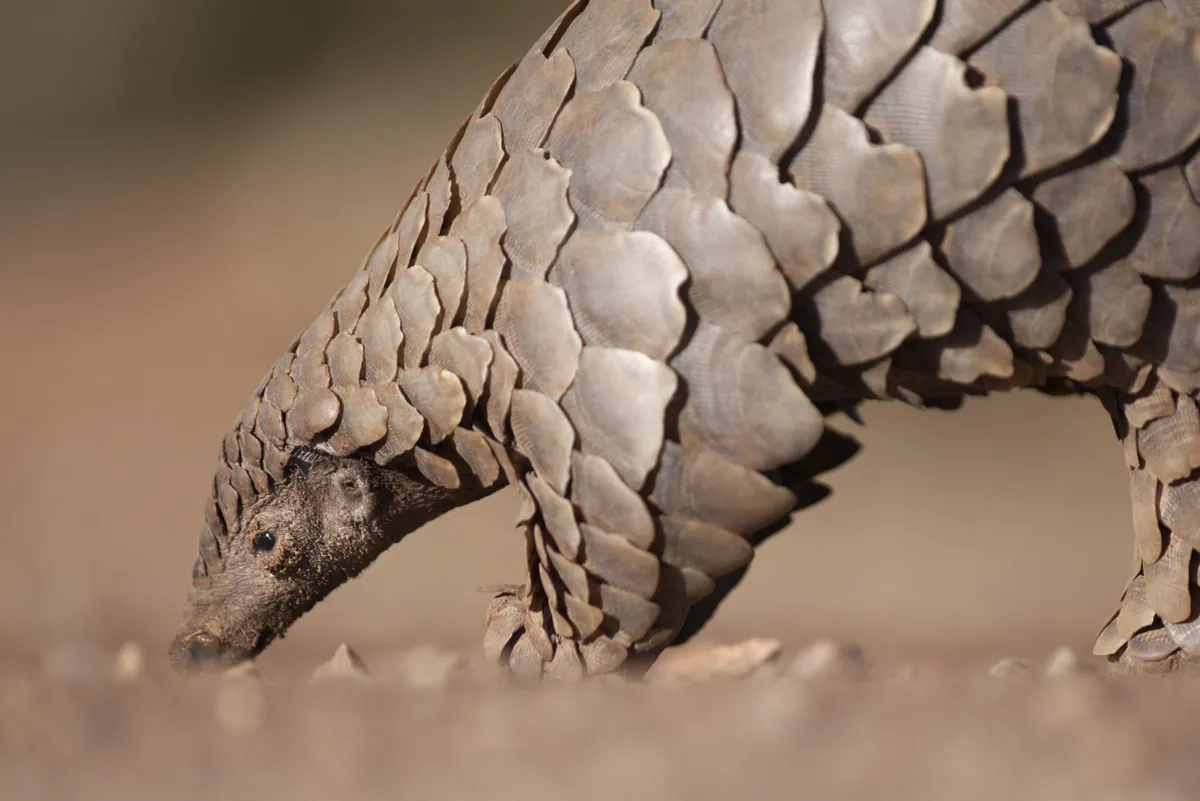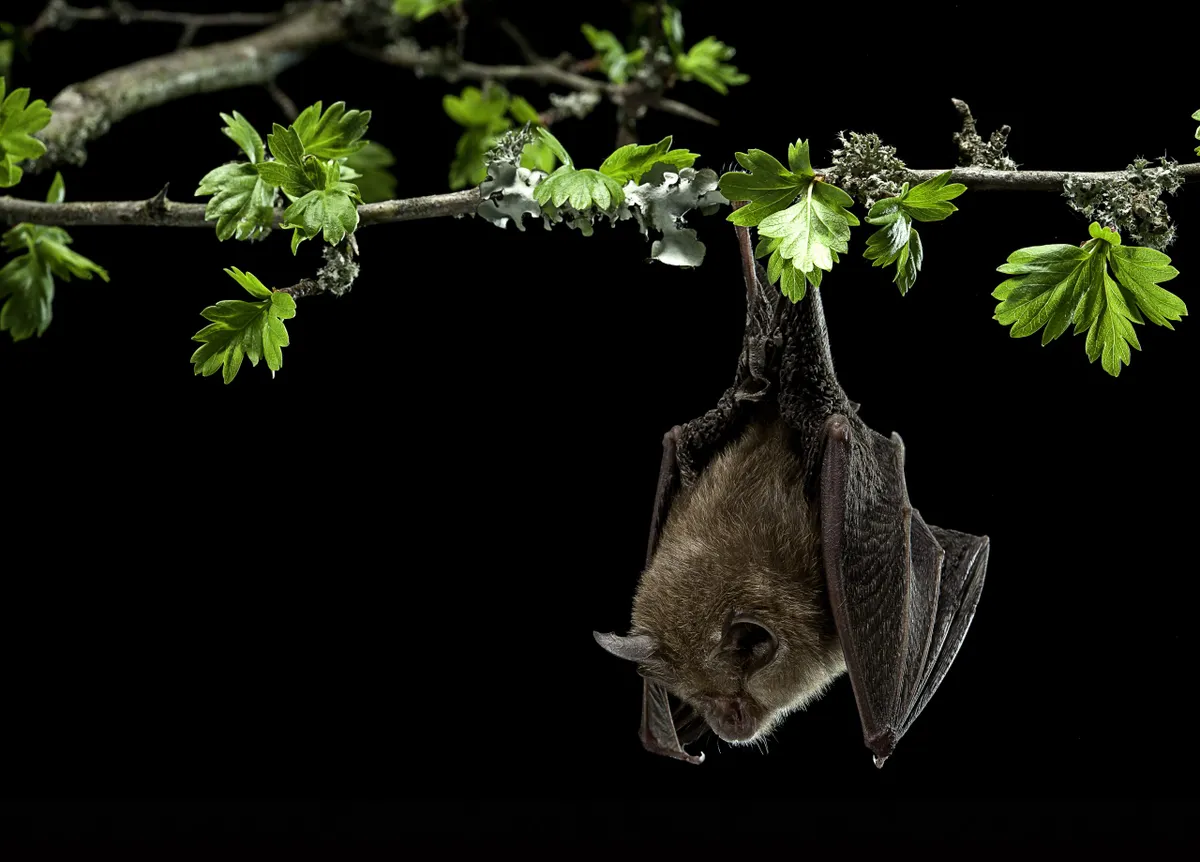Humans have always eaten animals, but the impact of COVID-19 is leading many experts to call for us to re-examine how we trade and consume wildlife. Markets, such as the one in China where it’s thought the disease first jumped to humans, could cause another crisis unless we close them or regulate them more rigorously.
Find out more about wild animal markets, the global wildlife trade and the role they've played in the coronavirus pandemic.

What do we mean by a wildlife market?
Wildlife markets are exactly what they sound like – markets where species of wild animal are bought and sold, both dead and alive. They are found in many parts of the world, but especially Asia (countries such as China, Vietnam and Indonesia) and Africa, where the consumption of bushmeat is ubiquitous.
Are they the same as wet markets?
Not necessarily. Wet markets sell all sorts of produce, just like any market in the UK, such as fish, meat and vegetables. Wet markets may also have sections selling wild animals, but most of what they offer is what we in the UK would think of as standard food products.

Why are wildlife markets in the news?
A market in the city of Wuhan, situated on the River Yangtze in the province of Hubei, is believed to be the place where the COVID-19 virus (known officially as SARS-CoV-2, or Severe Acute Respiratory Syndrome coronavirus 2) first jumped from animals to humans.
What wildlife did the market sell?
It was a fish market, but reports suggest it was also selling mammals such as palm civets, raccoon dogs, wild boar, beavers, deer and pangolins and reptiles such as snakes and turtles. Some were sold alive, most of them to be eaten or for the Traditional Chinese Medicine (TCM) trade. Some of the animals, such as bamboo rats, were farmed, though they are not a domesticated species.

Which animals did SARS-Cov-2 come from?
The wildlife reservoir is almost certainly horseshoe bats, but the chances are it did not transfer to people from bats, but passed through another species first. Scientists have found a virus very similar to the one affecting humans in pangolins – which are eaten, as well as having their scales used in traditional Chinese medicine – but it’s been found in snakes such as cobras and kraits, too, and it’s not known for sure from where the ‘spillover’ occurred.

Should wildlife markets be closed?
Many campaigners believe they should. The Born Free Foundation has led the call (along with more than 200 other animal protection groups) for the World Health Organisation to recommend that individual nations enact legislation leading to closure of the wildlife trade. More than 70 per cent of emerging infectious diseases come from animals, they argue, so we must do everything we can to reduce this.

People have always eaten animals – what’s different now?
Loss and fragmentation of habitats is giving humans access to animals we never had contact with before, or in much greater numbers. The increasing commercialisation of markets leads to unsanitary conditions where diseases can easily spread, while the sheer numbers mean the animals are cramped into tiny cages, making them stressed and therefore shedding viruses in greater quantities.
Does everyone think wildlife markets should be shut down?
No. Many scientists believe trade in some wildlife allows people living in poorer parts of the world to make a sustainable living. Bans seldom work anyway, they say, and it would be better to regulate the wildlife trade properly, rather than push it underground where it would become controlled by criminal elements.
Are diseases from animals really such a threat?
Yes. There’s a long list of deadly pathogens that have found their way from wildlife to humans – HIV and Ebola originally passed to humans from great apes, while in 2002, the original coronavirus which causes SARS, passed from bats to humans via, it’s believed, civet cats, small carnivores closely related to genets and regarded as a delicacy in China.
What is actually happening?
China has closed its wildlife markets but some of this trade – for instance, in pangolins – was illegal anyway, and it has also shut down wildlife breeding farms. Vietnam has also banned the trade and consumption of wildlife, but fears exist that these bans will drive practices underground. Experts say the real test will be how well these new laws are enforced and that all countries and people around the world will have to make greater changes if we are to avoid another pandemic.

